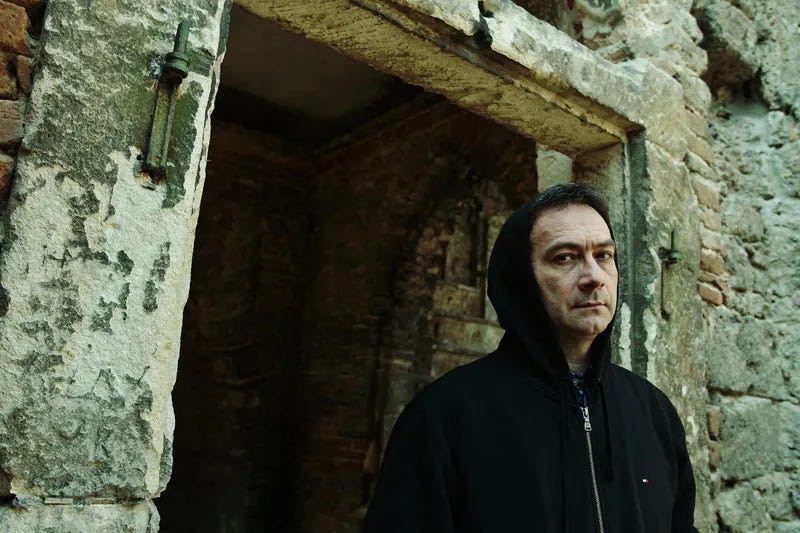Szilárd Borbély (1963—2014) was a Hungarian poet who had a completely different psychological, geographic, social, and stylistic approach to poetry than what we typically experience in the United States.
Borbély was born Nov. 1, 1963 in Túrricse, an impoverished village in northeast Hungary, near the border of Romania far from any city. Hungary sided with Germany during World War II, and after the war’s end in 1945, it became a Soviet satellite state. Rural subsistence farms became collective farms: Borbély’s family was constantly in debt and struggling to produce enough on their farm.
It’s in this environment, rich with trauma, struggle, myth, and murder that he produced his extraordinary body of work. Besides poetry, he wrote essays, drama, and short fiction. Borbély was unknown to English readers until about two years ago when two translations of his work finally were made. His poems mix autobiography, ethnography, and mythology in highly personal ways to express what he called “the brutal discipline of language [whose] use kept the traditional ancient peasant culture of brutality alive.”
Keep reading with a 7-day free trial
Subscribe to The Sharpener to keep reading this post and get 7 days of free access to the full post archives.




